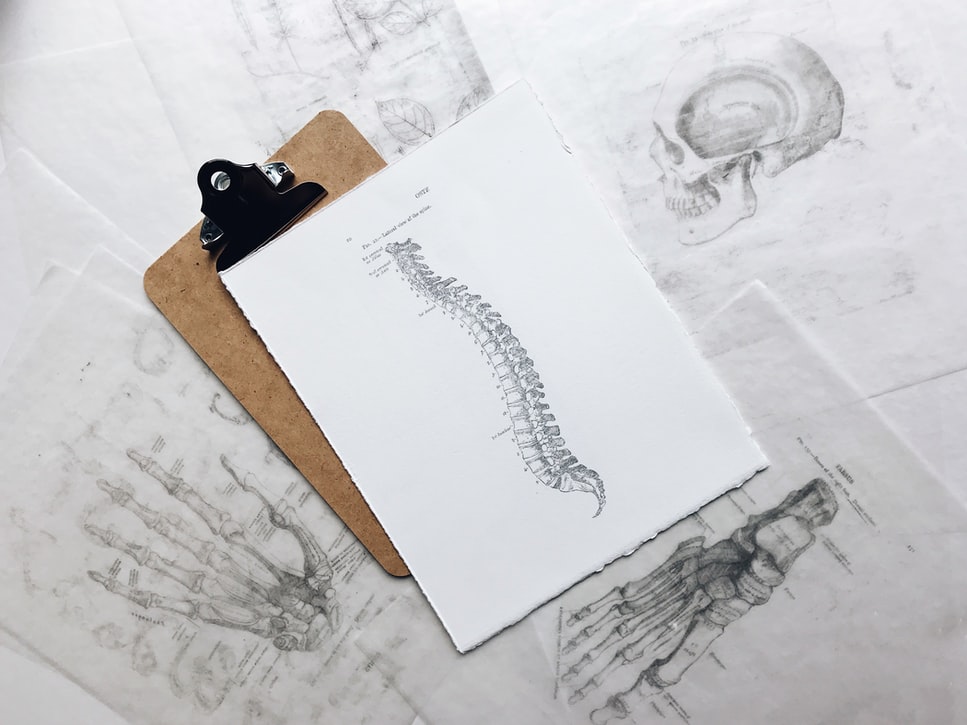Spinal surgery is a particularly delicate form of operation. Even the smallest error can have a serious impact. At the moment, the majority of such surgical interventions are carried out with the support of intraoperative x-ray machines.
Balgrist University Hospital in Zurich recently started using Augmented Reality to help increase the precision of operations. However, the semi-autonomous robotic systems currently available are only able to support surgeons to a limited extent, as the University of Zurich (UZH) explains in a press release. When orientation on the basis of image data and pre-op planning is no longer possible, surgeons must take the reins themselves.
An international research project by the name of FAROS (Functionally Accurate Robotic Surgery) will now seek to develop a highly autonomous surgical robot that relies not only on image data, but is also equipped with numerous non-visual sensors. Balgrist University Hospital is also involved in the FAROS project, being tasked with developing the sensors to collect and interpret acoustic information that help in poor visibility scenarios during spinal surgeries. Using vibro-acoustic signals, the robot should be able to detect whether a screw has been inserted correctly into the bone. The resonance of the sound waves in the patient’s body is measured using contact microphones placed on the skin. Artificial Intelligence can then be used to analyze the information collated by the sensors.
“The variety of sensors facilitates high-precision surgical interventions in the proximity of vital structures such as the spinal cord or nerves”, comments Philipp Fürnstahl, Professor for Orthopedic Research and Head of Research in Orthopedic Computer Science at Balgrist University Hospital, in the press release. In future, these robots should be capable of operating on humans just as well as – if not better than – experienced surgeons.
Over a time frame of three years, the FAROS project will receive just under three million euros in EU funding. In addition to the Zurich-based researchers, experts from the Sorbonne in Paris, King's College in London and KU Leuven in Belgium are all also involved in the project.
Related news
Meet with an expansion expert
Our services are free of charge and include:
- Introduction to key contacts in industry, academia, and government
- Advice on regulatory framework, taxes, labor, market, and setting up a company
- Custom-made fact-finding visits, including office and co-working space
